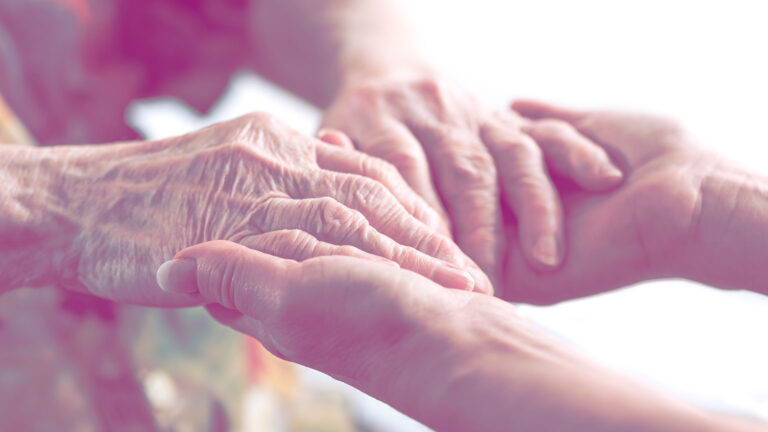Of course, the dying need appropriate physical pain control. But they also have what might be termed soul needs—to feel heard, cared-for, connected and emotionally safe. They want to be understood and accepted like anyone else.
Some people are fortunate in being able to approach their dying process at peace with themselves and with those they love. But that’s not always the case. People can be frightened, confused, unable to express what they’re feeling or what they need.
For example:
- They may be afraid to die.
- They may feel they’re a burden to you, to their family or society.
- They may be raging at the thought of being cheated of life.
- They may feel lost and alone, and desperate for someone to ask how they truly feel.
- They may feel angry and let down by God.
- They may be clinging onto hope for a miracle cure.
- They may be feeling as if they’ve lived a wasted life and be grieving missed opportunities.
- They may be desperate to die.
- They may want to confess to things that have happened in the past, or to ask for forgiveness. This can be painful and upsetting for relatives, but it can also be powerfully healing.
- They may also become irrationally angry, blaming and resentful towards you, or the medical nursing staff, or the world at large.
- They may be missing relatives and friend who are unable to be with them.If you relative or friend is becoming anxious or upset and you feel unable to deal with this, do talk to the nursing staff. The person may not be able to tell you exactly what’s going on for them. Indeed, they may find it difficult to understand themselves. But they may be willing to talk to a nurse, pastoral carer, volunteer visitor, or particular friend.
The dying person may not be able to tell you exactly what’s going on for them. Indeed, they may find it difficult to understand themselves. But they may be willing to talk to a nurse, pastoral carer, volunteer visitor, or close friend.
Do you best to be there for the person who is dying, in any way that you can, but make sure you take care of yourself too. You may feel okay about being alone with the dying person. You may want and need company. But be aware that some close family members may find the thought of sitting with their dying relatives too upsetting.
Saying goodbye in person is an important process for everyone. With gentle encouragement and support, anxious or frightened relatives can often overcome their alarm and find comfort in having done so.
Thank you for visiting this page. You may be interested in my books on death and dying. You can also listen to a host of fascinating guests on my Embracing Your Mortality podcast.
















